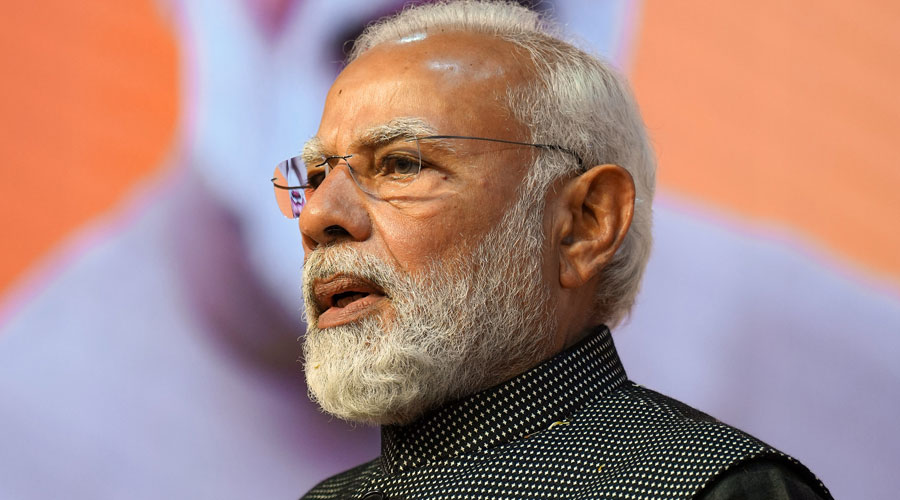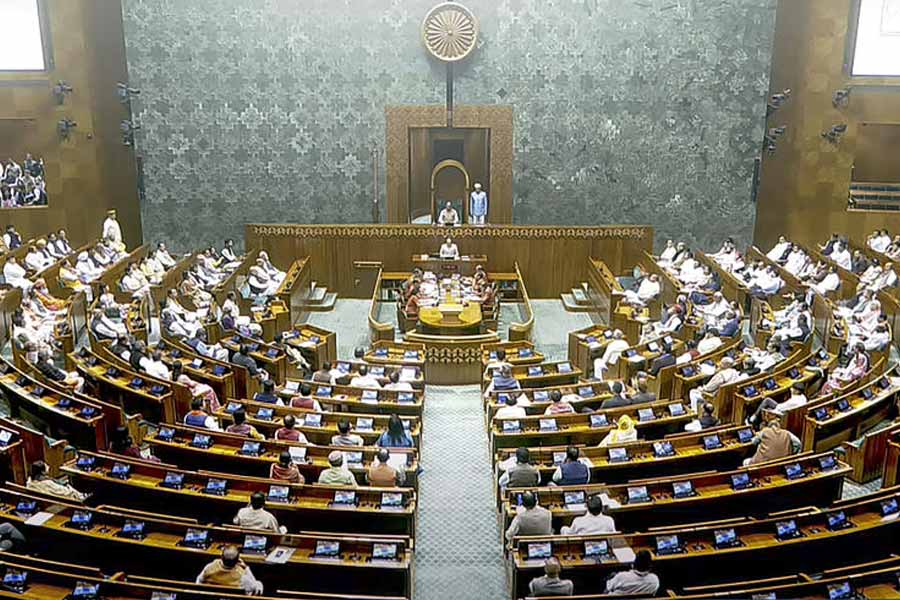Milton’s Satan may have been expressing regret at the realisation that whichever way he ran — flew — was hell. The Indian is slightly different: wherever he goes is caste. Unlike the hell of Satan, it is neither a state nor a place: it is a weapon, a category created out of nothing to oppress one particular set of human beings. The Indian carries it with him across the seas as an additional power or an inescapable burden depending on the end of the caste spectrum he comes from, and now the world is beginning to respond to the discrimination that results from it. The first city in the United States of America to consider adding caste to its law against discrimination, which includes race, gender, age and sexual orientation as categories, is Seattle. But official acknowledgment of casteism had begun since 2019 in different universities: Brandeis, Harvard, Brown and California State, which had added caste-based discrimination to their non-discriminatory policies.
That this dulls the shine of Narendra Modi’s India is obvious, perhaps only because New India makes such a fuss about looking good. Caste is far from recent but it now flourishes, alarmingly, across the seas. That is both disgraceful and promising. The policies in universities indicate that there are now an adequate number of Dalit or scheduled caste or other backward classes students abroad for caste oppression from upper-caste teachers or administrators to be noticeable. That is a good thing, since Mr Modi’s government has curtailed the overseas fellowship for Dalit and poor students by placing a sweeping ban on certain subjects of research. So, the fact that those at the receiving end are speaking up abroad is the best outcome that can be imagined in this situation. The net must be cast wider when a city considers adding caste to its non-discriminatory policy. Greater Seattle is home to some of the biggest tech organisations, famed for their Indian workers at all levels. Hospitality and other service industries are also friendly to employees from South Asia. That an Indian American member of the city council should be pushing for the policy is telling: the discrimination would be invisible to anyone unfamiliar with the intricacies of caste. Race, gender, age and sexual orientation are universally recognisable categories; caste, being the construct of a particular society, is not.
Seattle’s recognition of casteism, whether inducted into law or not, is an indication of the swelling voice of the oppressed Indian overseas. That casteist discrimination should be considered equal to discriminatory categories specific to the host country, such as race, is both an indication of the importance of the Indian population in that country as well as an example of equality on more than one plane. Shall the Indian government shrug this off as another example of foreign prejudice or will it review its own anti-casteist laws and social behaviours to investigate why casteism is still alive and kicking?











